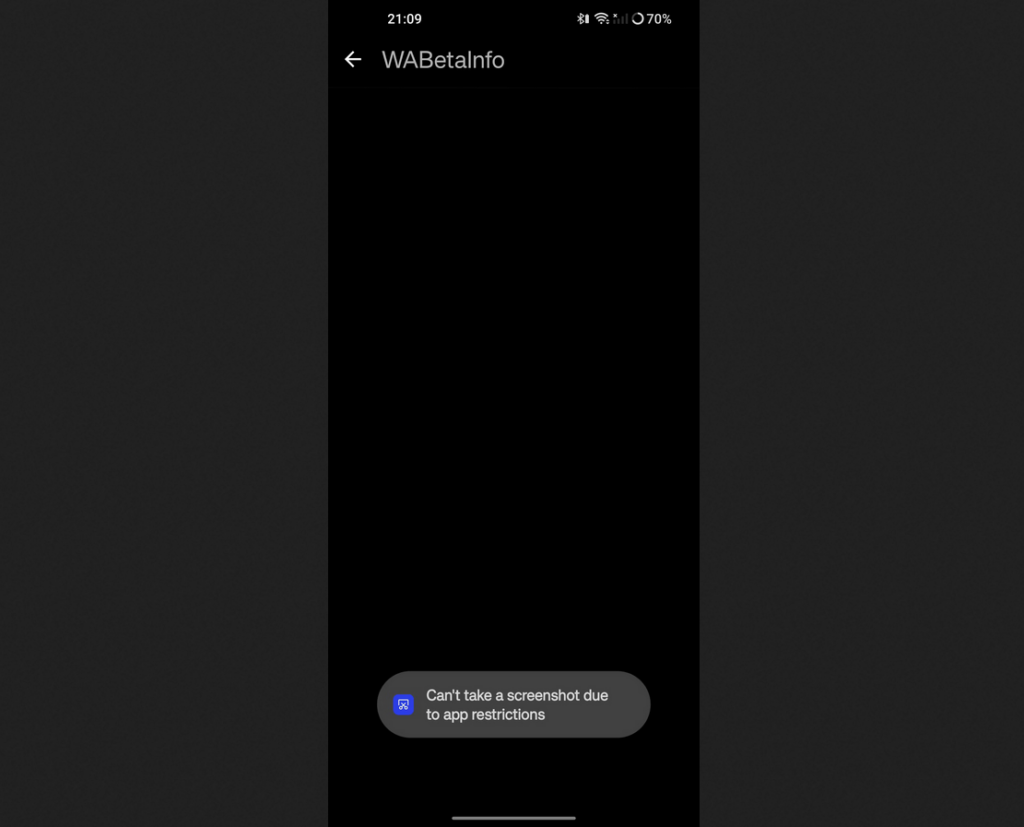WhatsApp, recognized globally as one of the primary messaging platforms, continuously enhances its security measures to protect user privacy. This has been evident through various updates, including the implementation of end-to-end encryption for both chats and backups, as well as the introduction of features like Chat Lock. Now, under Meta’s ownership, WhatsApp appears to be on the brink of integrating an additional feature aimed at further safeguarding privacy, as revealed in a recent beta version of the app.
Presently, WhatsApp offers users the option to conceal their profile photo from others by navigating through Settings > Privacy > Profile Photo. This section provides several privacy settings, such as Everyone, Nobody, and My contacts, and even allows users to hide their profile photos from specific contacts. However, a report from WABetaInfo on the beta version 2.24.4.25 of WhatsApp suggests that the app is enhancing its privacy features by potentially preventing users, including those in your contact list, from taking screenshots of your profile photo.

I attempted to access this feature on my Android phone, which is also running the WhatsApp beta version 2.24.4.25, but was unable to replicate the mentioned functionality, indicating that it might be under a phased rollout. WABetaInfo notes that while this feature could deter direct screenshot attempts, it does not prevent someone from capturing the profile picture using another device’s camera. Additionally, the current capability to save a display picture through WhatsApp Web remains a loophole that the developers need to address.
Should WhatsApp implement this feature, it would set a precedent among popular instant messaging applications in terms of restricting screenshot capabilities for profile images. Telegram, often seen as a source of inspiration for WhatsApp’s new features, does not limit screenshotting of profile pictures and even provides a straightforward option to save images to the gallery through its menu. On the other hand, Telegram does offer privacy settings similar to WhatsApp for controlling who can see your profile photo.
Signal, another messaging app, restricts direct saving of display pictures but does not prevent screenshots. It does, however, include an option to disable screenshots within the app, which helps secure the content from unauthorized captures by someone accessing your phone.
Given these developments, WhatsApp is potentially positioning itself as a frontrunner in enhancing user privacy. However, as this feature has not yet been released to all beta testers, its official rollout may still be some time away.






